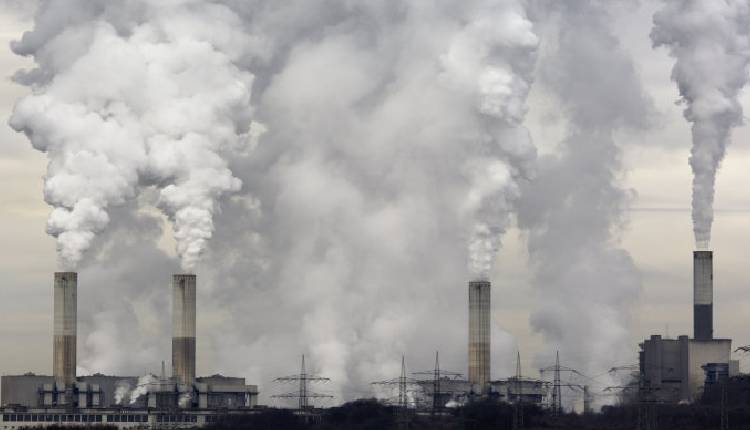International investment treaties, particularly those with investor-state dispute settlement (ISDS) provisions, are obstructing global efforts to transition from fossil fuels to renewable energy, a recent report by the climate change think tank E3G revealed.
These treaties pose a significant barrier despite the 2023 COP28 agreement, in which 198 countries committed to moving away from fossil fuels.
ISDS provisions, included in over 2,500 investment treaties worldwide, protect foreign fossil fuel investments and have led to damages of at least $82.8 billion awarded to fossil fuel investors.
These clauses allow foreign investors to sue governments in international arbitration tribunals, deterring countries from pursuing ambitious climate action due to the fear of costly compensation claims.
The report estimates that 12 per cent of global fossil fuel assets, accounting for 1.64 gigatons of CO2 emissions annually, are protected by ISDS provisions.
High-income countries, including the UK, China, Japan, France, and the US, are responsible for 73.6 per cent of these emissions, with the UK alone protecting 254.8 million tons of CO2e in potential annual emissions.
Developing countries, such as Egypt and Nigeria, face the highest risk of ISDS claims, with middle- and low-income countries at risk for 60.4 per cent of potential claims. Meanwhile, countries like Colombia and Indonesia are significantly exposed to ISDS risks, complicating their energy transition efforts.
The report emphasises the urgent need for international investment treaty reform to align with global climate goals. Without changes, these treaties will continue to impede the transition to a sustainable energy future by protecting fossil fuel investments and hindering climate policy advancements.
As global leaders prepare for COP29 in 2024, finance will be a central focus, highlighting the need for accessible funding to support climate action in developing nations. This includes reforming international financial systems and addressing debt issues to increase resources for emerging markets.
The report calls for integrating investment treaty reform into broader climate discussions in multilateral forums like the G7, G20, and UNFCCC processes.
Attribution: E3G


